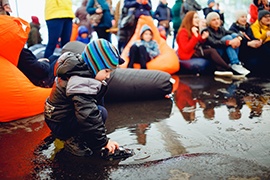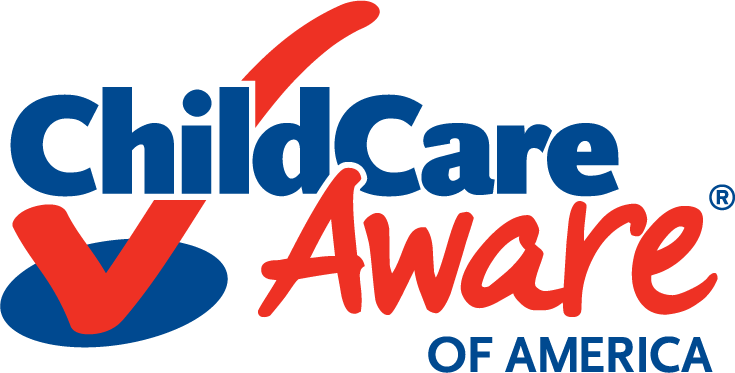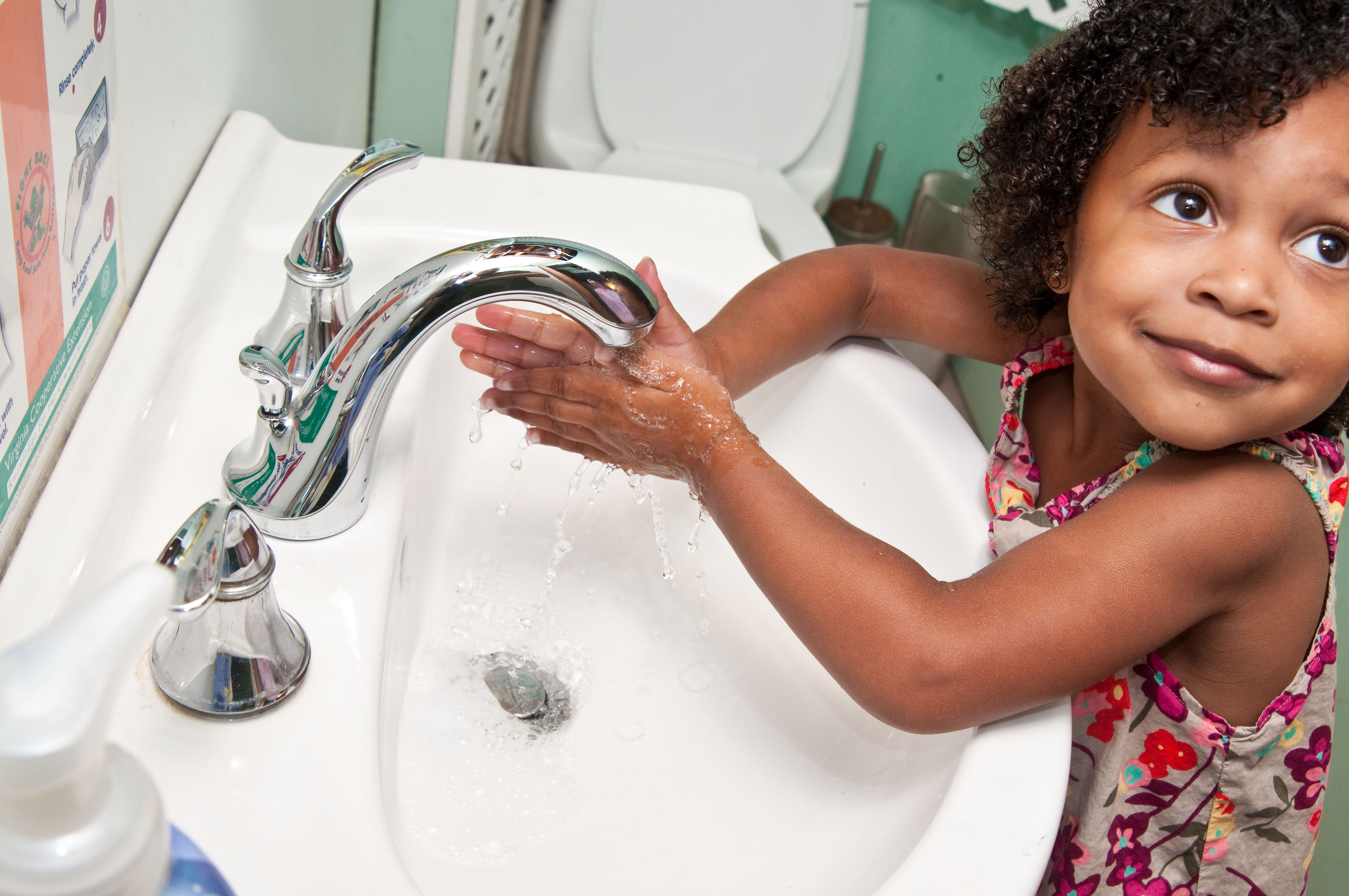
Children today are exposed to a wide range of events involving violence, disasters, terrorism, death and loss. Children are often a witness to, as well as a victim of such events. In observing print and electronic news reports and the reactions of family members, friends, educators, acquaintances and peers, children are often confused and frightened about the impact such occurrences will have on their lives.
Parents, family, friends and care givers can play a significant role in helping children understand, process and react to such events in developmentally appropriate ways. The following suggestions and guidelines may be helpful:
1. Create opportunities where children feel comfortable about expressing their thoughts and asking questions.
It is important to acknowledge and respect children's feelings and to provide honest, yet appropriate responses to their inquiries. Be available to listen to their concerns and fears and help them label their emotions with the correct words. Encourage children to express themselves in developmentally appropriate ways. For example, young children may wish to paint or draw a picture of their thoughts and reactions or share a book with an adult. Older children and young adults might prefer writing in a journal, donating blood or money and volunteering may be constructive outlets.
2. Provide reassurance and caring comfort.
Children often feel especially helpless, confused and frightened during such periods. Explain that caring adults in their lives are there to protect them and to help keep them safe. Emphasize that such incidences are not a regular part of our everyday lives and that everyone is doing their best to help those in need, to offer assistance and to prevent such events from happening again. Provide many opportunities for loving exchanges and reassuring words and actions. Depending on your child's age, monitor exposure to radio and television reports to minimize unnecessary anxiety.
3. Maintain regular routines whenever possible.
Children receive great comfort in our ability to remain and act calm and to provide consistency and structure in their lives. Keeping up with your daily routines give children a sense of control and purpose.
4. Be aware of stressful reactions in children such as separation anxiety, eating and sleeping disorders and being sick.
In spite of your best efforts, children may experience a wide range of emotions to witnessing and/or being a part of a traumatic event. Younger children may experience bedwetting, increased separation anxiety and disruptive eating and sleeping patterns. Older children may exhibit increased aggression. Offer patience and sensitivity in helping children to cope with their reactions and be open to supportive assistance from health care and counseling professionals.
5. Remember to take care of yourself.
As parents and caring individuals in our children's lives, we need to recognize that such events affect our ability to be resilient and resourceful. Acknowledge your personal feelings by talking with family, friends and co-workers; strive for a balanced day of active and quiet times; get adequate nutrition, rest and exercise and seek appropriate demonstrations for expressing feelings (see number 1). You may also find it helpful to develop a disaster preparedness plan so that family members will have sufficient food, shelter, clothing and medical supplies as well as an understanding of emergency communications protocols in the event of a future incidence.
The University of Arizona. UA Life & Work Connections, a unit of Human Resources in the division of Campus Life. © 2001, Arizona Board of Regents. For more information, please contact Caryn Jung, MS, Program Coordinator at jungc@email.arizona.edu or at (520) 621-9870.





